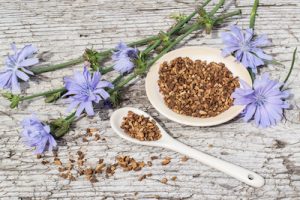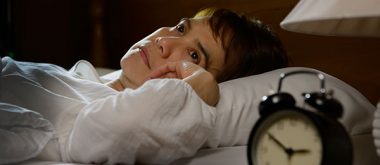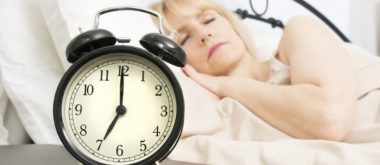Caffeine is a commonly consumed chemical that can have a significant effect on the body’s cortisol levels and in return menopause symptoms.
Menopause Overview
Medical professionals label menopause a life stage rather than a health-related condition. Typically, when women reach their late forties or early fifties, their reproductive systems experience natural changes, including a rapid decline in the production of sexual hormones like estrogen and progesterone.
These occurrences ultimately precipitate the end of monthly menstrual cycles and the inability to conceive children. Moreover, these systemic alterations often elicit numerous untoward physical and mental manifestations, including increased sweating, sleep disturbances, irritability, hot flashes, mood swings, cognitive function issues like memory loss and difficulty concentrating, vaginal dryness, diminished libido, and skin problems.
Caffeine
Caffeine is a noted stimulant found in many commonly consumed foods and beverages such as coffee, tea, soft drinks, and chocolate. The substance is addicting and, when consumed excessively, can have a negative effect on the body.
The Connection Between Caffeine and Menopause
Scientific research has concluded that caffeine intake produces a mixed bag of results when correlated to menopause.
Mayo Clinic Study
The famed Minnesota-based medical facility, the Mayo Clinic, released the findings of a study in 2014. From 2005 through 2011, scientists gathered information compiled from a comprehensive questionnaire detailing the personal habits and menopausal manifestations experienced by more than 2,500 subjects.
The examinees were placed into two groups, those who typically consumed caffeine-based products and those who did not. The results showed that caffeine users experienced more frequent and severe manifestations of hot flashes and sweating, especially at night. These issues also often indirectly contribute to incidents of insomnia. Diminished sleep can worsen menopausal issues because it can precipitate a greater release of stress hormones like cortisol and adrenaline.
This study also has a flip side. Research also indicated that many subjects experiencing the preceding negative impacts also witnessed positive outcomes like decreased incidents of irritability and cognitive issues.
Researchers cautioned that investigation is ongoing and that these findings are merely preliminary. However, they believe such data might suggest that menopausal subjects might consider limiting caffeine intake or, at the very least, weigh the pros and cons with their doctors to render the most informed decision.
Healthier Alternatives to Caffeine Products
For many individuals, menopausal women included, coffee is akin to liquid gold for its stimulating properties. However, in those whose menopause symptoms are exacerbated by caffeine intake, choosing less caffeine or decaffeinated beverages might prove more beneficial to their general well-being. Such products include chicory root coffee, vitamin B complex supplements, carob, water, maca and peppermint.
Methods of Addressing Menopausal Symptoms
Fortunately, menopausal women might find relief from bothersome manifestations like night sweats, hot flashes, and sleep disturbances by practicing the following:
- Wear Light Clothing – Lighter clothing is typically more comfortable and cooler than products comprised of heavier material.
- Use a Fan – The cool air produced by a portable electric or ceiling fan could precipitate a greater degree of comfort.
- Drink Water Throughout the Night – Water will help keep you refreshed and hydrated, which may help promote better sleep.
- Establish a Consistent Sleep Schedule – Menopausal women are encouraged to establish a consistent sleep pattern and not deviate from it. Practicing such habits can train the body to conform to a specific sleep cycle.
- Partake in a Relaxing Hobby Before Bed – Sometimes, more restful slumber is elicited through engaging in a pre-bedtime ritual such as reading, listening to music or any other activity a person finds soothing.
- Avoid Alcohol – Alcoholic beverages should be avoided prior to retiring for the evening. Though the calming impact of such products might be felt initially, it is also important to remember that alcohol is a diuretic, and consuming it could lead to numerous trips to the restroom during the evening.






